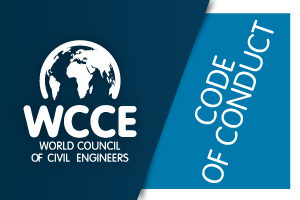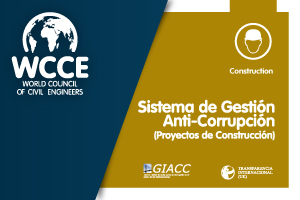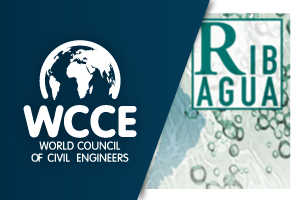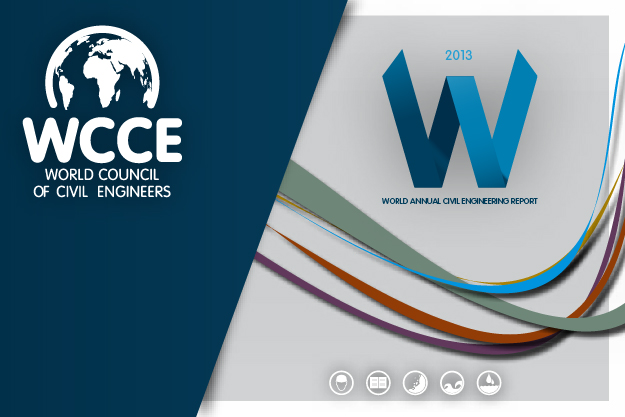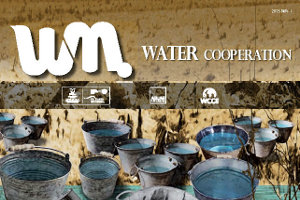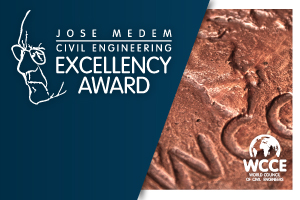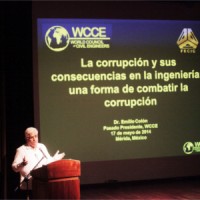 The World Council of Civil Engineers Past President Emilio Colón, declared that the construction sector has been identified as responsible for large economic losses in Mexico by corruption during his keynote speech lecture "Corruption and its impact on engineering: a way to fight corruption " made on the last day of the Sixth National Mexican Congress on Infraestructure Management professionals organized by the Mexican Association for Building Project Management.
The World Council of Civil Engineers Past President Emilio Colón, declared that the construction sector has been identified as responsible for large economic losses in Mexico by corruption during his keynote speech lecture "Corruption and its impact on engineering: a way to fight corruption " made on the last day of the Sixth National Mexican Congress on Infraestructure Management professionals organized by the Mexican Association for Building Project Management.
In this context, he explained that corruption in construction is not specific to engineers, but also expands to architects, and financers, contractors, subcontractors, the three levels of government, banks, land developers, NGOs, academia and the media.
He stated that in the world of construction, corruption arises most clearly through the following ways: bribery, extortion, facilitation payments, fraud, conspiracy, embezzlement, secret ownership and money laundering.
However, he added, the strongest contributor to corruption is indifference, in a global context because no one dares to address the issue. This issue must be addressed as any other aspect of project management He added that he has to fight to try from a managerial point of view, with a similar treatment to occupational safety, environmental management and quality control.
"It is necessary to strengthen and promote Codes of Ethics from individual and group activity state law" he declared.
Corruption in construction is a phenomenon which involves malpractice, practices that manage resources that are ultimately paid by final client, citizens. Ultimately, corruption generates billions of economic loss that are eventually assumed by citizens in the end.
For the construction industry , corruption , he said, is a phenomenon that spans over several areas but it is necessary that organizations foster anti corruption training, develop action plans , allocate responsibilities , and agree to weed out corrupt practices through thorough assessment.
'It's necessary to discuss the issue of corruption in public, adopting and promoting codes of ethics that include prohibitions and punish members for corruption, he concluded.


